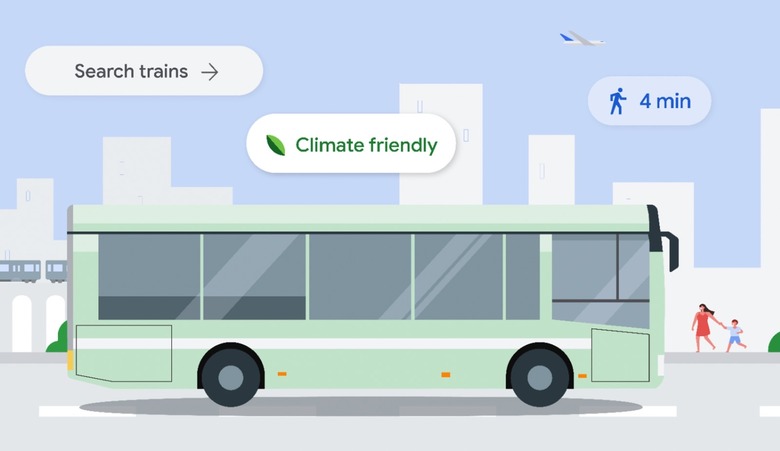Big Google Maps Location Privacy Update Will Change How I Use The App
I'm a longtime iPhone user, and I rely on Google Maps for most of my navigation needs. Yes, Apple Maps has gotten much better over the years, and it's my second most-used iPhone app. But I use Google Maps the majority of the time I need to explore my surroundings. It's my favorite Google product, and the only way I search with Google Search right now.
But I'll also tell you that I've used Google Maps all these years while making things difficult for myself. Not only did I never save my timeline, at least for as long as Google allowed me to do that, but I've also used Google Maps without ever signing into my accounts. That means I've been losing out on all the perks of saving favorite places and locations in Google Maps.
It's all because of the principle of the thing. Google collects too much data, and location has been especially a hot topic for the company.
However, Google surprised me last December by kickstarting a big privacy push geared toward Google Maps location data, which made me reconsider my stance. Google would no longer collect location data and tie it to your account. Nearly six months later, Google is starting to set things in motion to that end. Google Maps location data will stay on-device, and that approach will probably change the way I use the app.
Per The Verge, Google started informing Google Maps users that they have until December 1st to save their timeline information on their devices. That's when Google will begin deleting location history information from their servers. And that's probably when I'll start saving Google Maps location data locally on my iPhone.
I am not naive. Google apps and services will keep collecting some location data. That's how the internet works, and you can't change it. Anyone offering internet services will know your location to some degree based on the internet service providers you use to access said service. Knowing where one's Google account has been accessed from is also a security feature.
But remoing Google Maps location history from the web completely is still a big win in my book. That's the kind of very detailed location data that Google had access to. Location data that could have been used for ad targeting.
Again, I'm sure Google will use any user's loose location information to offer ads tied to their approximate location. That's fine with me.
I'm aware of the obvious downsides here. I'm willing to bet many Google Maps users love the timeline feature and have taken advantage of it for years. They'll continue to do so by saving that information on their devices.
But there is a caveat here. That location history data will remain tied to that device. There's no way to sync it with others. Right now, you can see the location history on any gadget you load Google Maps on.
Another immediate problem concerns the loss or theft of a smartphone. Say your iPhone or Android goes missing; you'll lose all the digital information on it, including Google Maps location. You'll have to remember to back up Google Maps information, and Google will let you back it up to the cloud in an encrypted fashion.
No matter what you feel about Google's new approach to Google Maps location data, you'll have to decide by December what to do. If you don't do anything and have Timeline information stored on your Google account, Google will move data for the past 90 days and then delete everything else.
As for me, I'll probably start saving location data on my iPhone now that Google is ready to enforce this big privacy change.
